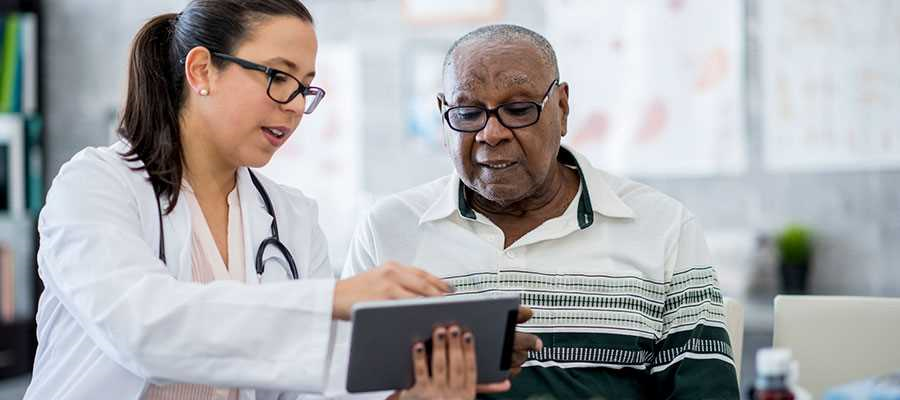Report highlights COVID-19’s devastating toll on Black communities

The National Urban League yesterday released its annual State of Black America report, detailing the state of racial equality in America across economics, employment, education, health, housing, criminal justice and civic participation.
This year’s report reflects the urgency to address the historic context of systemic racism and deep-rooted inequities that are exacerbating COVID-19’s human and economic toll on the nation’s Black communities.
The report includes the NUL’s 2020 Equality Index, which uses nationally representative statistics to measure how well Black and Hispanic Americans as groups are faring in various categories as compared to white Americans.
The NUL health index for Black Americans increased from 79% to 83.5% since 2018, and the report enumerates areas — such as health insurance coverage, infant and maternal mortality, and behavioral health — that should be addressed to achieve health equity.
Since 2017, the AHA and NUL have partnered to advance health equity and diversity in health care leadership in communities across the U.S. To learn more, click here.

